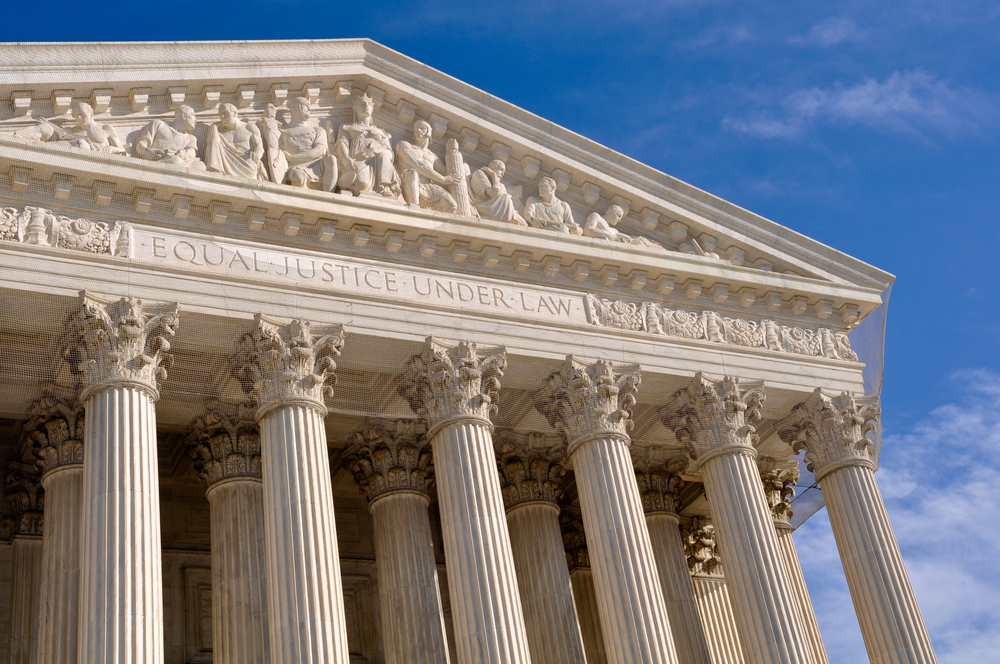The U.S. Supreme Court has left an indelible mark on American law and society, influencing critical issues such as abortion, gun rights, and affirmative action. However, amidst these high-profile cases, the Court’s conservative majority has also maintained a keen focus on another matter of significance: limiting federal regulatory power.
As the Court prepares for its next term commencing in October, the docket already reveals a series of cases poised to diminish the authority of U.S. agencies in issuing regulations and enforcing laws, spanning a wide range of domains from finance to fisheries.
At the center of these cases lies the concept of the “administrative state” – the bureaucratic apparatus responsible for interpreting laws, crafting federal rules, and executing executive actions. In recent years, the Court’s conservative justices, enjoying a 6-3 majority, have actively restrained what they perceive as overreach by governmental bodies like the Environmental Protection Agency (EPA) and other agencies.
Brianne Gorod, chief counsel at the Constitutional Accountability Center, a liberal legal group, anticipates that the upcoming term will be pivotal for cases concerning the administrative state. She asserts that these cases collectively represent a longstanding and multifaceted conservative assault on the administrative state, with nothing less than the effective functioning of the federal government hanging in the balance.
Your legal career is our priority. Let BCG Attorney Search help you find your next opportunity.
While the Court is currently in a summer recess following the conclusion of its last term, it has already agreed to hear cases in the upcoming term challenging the constitutionality of the Consumer Financial Protection Bureau’s funding structure and the Securities and Exchange Commission’s in-house enforcement regime. Additionally, it may overturn a long-standing precedent that bolsters federal agencies’ defense of their regulatory actions in Court.
Legal experts are apprehensive about the potential ramifications for these agencies. Jonathan Adler, a professor at Case Western Reserve University School of Law, explains that ruling an agency’s composition or funding mechanism as unconstitutional could implicate the legality of much of the agency’s past actions.
The conservative wing of the Court has shown a willingness to make sweeping changes to the legal landscape. In the past year, they curtailed the recognition of a woman’s constitutional right to abortion and expanded gun rights. Recently, they struck down affirmative action policies used by universities to enhance Black and Hispanic student enrollment, and permitted certain businesses to decline services for same-sex weddings.
Moreover, they recently halted President Joe Biden’s student debt relief plan and endorsed a stringent new test for determining wetlands protection under a landmark anti-pollution law. These rulings have notably diminished the executive branch’s role and constrained its regulatory authority.
The clash over federal agency powers looms large as the U.S. Supreme Court’s next term approaches. The outcome of these cases could reshape the regulatory landscape and redefine the extent of governmental authority. Stay tuned for updates on this consequential legal battle that has far-reaching implications for the administrative state and the functioning of the federal government.
Don’t be a silent ninja! Let us know your thoughts in the comment section below.

